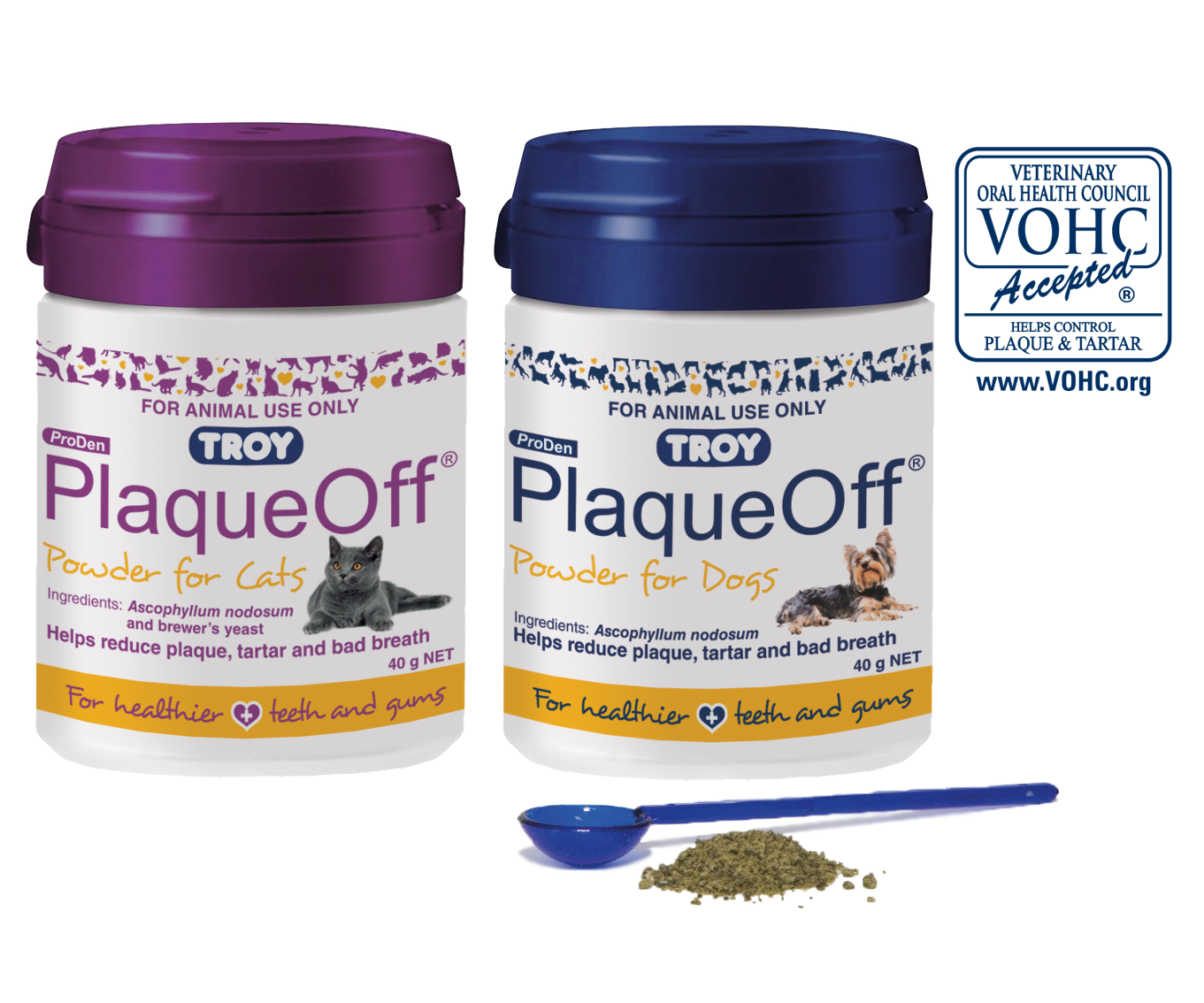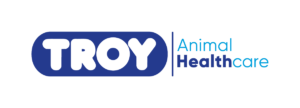Important Steps to Dental and Oral Health in Dogs and Cats
Brush Your Pet’s Teeth
Our pets need to be trained to tolerate having their teeth brushed from a young age. Starting as a puppy or kitten is ideal, and gradually developing a system is important.
If your pet is older, start stepwise. Allow them to get used to having their head held and their mouth opened. Cats and small dogs may feel more comfortable in their owner’s lap during teeth brushing.
- Begin slowly. Initial sessions should be brief (a minute or two) and well rewarded.
- Get your pet used to the toothbrush by dipping it in tuna juice, beef stock or just water.
- Choose a pet-safe toothpaste with a flavour your pet will enjoy. Offer the toothbrush with toothpaste and allow your pet to taste the paste without brushing.
- When your pet is comfortable with the toothbrush, start brushing their teeth. Gradually increase the amount of brushing as your pet becomes more comfortable with it.
- Brush the outside (cheek-facing) surfaces as most pets won’t allow you to brush the inside surface of the teeth.
- Never use a human toothpaste as it may contain ingredients that are not suitable or in too high a concentration for dogs and cats.
Teeth should be brushed regularly, preferably every day. If this isn’t possible, aim for 2 – 3 times per week. Try to make it a pleasurable event for both you and your pet. Finish by rewarding your pet with their favourite treat.
Brushing your pet’s teeth regularly is the most important step to good oral hygiene, however owner compliance is low. The most common reason is that owners find it very difficult to brush their pet’s teeth. When this is the case (and even when it’s not) it is important to use complementary products for dental care.
Complementary Products for Dental Care in Dogs and Cats
Both diet and supplementary products can address dental health and are available on the market. When choosing complementary products, look for those that have been scientifically shown to improve oral health. Some products have been evaluated by the Veterinary Oral Health Council (VOHC) and awarded the VOHC seal of acceptance.
Dental bones and kibble products are common. These products generally have a shape and texture that mechanically aids the removal of plaque. A build-up of plaque is what leads to tartar and bad breath.
Troy ProDen PlaqueOff® Powder is a dietary supplement product which can help reduce plaque and tartar and has specific beneficial effects for oral care and reducing bad breath.
Diet
Diet is important for good oral health. Dry food is good for teeth, as is a combination of wet (e.g. fish or meat) and dry food. It is a good idea to discuss your pet’s diet with your veterinarian to ensure it is optimal both for nutrition and periodontal health.
Giving your pet fresh raw bones to chew on can aid with keeping a healthy mouth. Avoiding giving your pet fish, chicken or pork bones since these can easily splinter and cause injuries. Large, uncut bones are best.
Important Steps to Dental and Oral Health in Dogs and Cats test
Brush Your Pet’s Teeth
Our pets need to be trained to tolerate having their teeth brushed from a young age. Starting as a puppy or kitten is ideal, and gradually developing a system is important.
If your pet is older, start stepwise. Allow them to get used to having their head held and their mouth opened. Cats and small dogs may feel more comfortable in their owner’s lap during teeth brushing.
- Begin slowly. Initial sessions should be brief (a minute or two) and well rewarded.
- Get your pet used to the toothbrush by dipping it in tuna juice, beef stock or just water.
- Choose a pet-safe toothpaste with a flavour your pet will enjoy. Offer the toothbrush with toothpaste and allow your pet to taste the paste without brushing.
- When your pet is comfortable with the toothbrush, start brushing their teeth. Gradually increase the amount of brushing as your pet becomes more comfortable with it.
- Brush the outside (cheek-facing) surfaces as most pets won’t allow you to brush the inside surface of the teeth.
- Never use a human toothpaste as it may contain ingredients that are not suitable or in too high a concentration for dogs and cats.
Teeth should be brushed regularly, preferably every day. If this isn’t possible, aim for 2 – 3 times per week. Try to make it a pleasurable event for both you and your pet. Finish by rewarding your pet with their favourite treat.
Brushing your pet’s teeth regularly is the most important step to good oral hygiene, however owner compliance is low. The most common reason is that owners find it very difficult to brush their pet’s teeth. When this is the case (and even when it’s not) it is important to use complementary products for dental care.
Complementary Products for Dental Care in Dogs and Cats
Both diet and supplementary products can address dental health and are available on the market. When choosing complementary products, look for those that have been scientifically shown to improve oral health. Some products have been evaluated by the Veterinary Oral Health Council (VOHC) and awarded the VOHC seal of acceptance.
Dental bones and kibble products are common. These products generally have a shape and texture that mechanically aids the removal of plaque. A build-up of plaque is what leads to tartar and bad breath.
Troy ProDen PlaqueOff® Powder is a dietary supplement product which can help reduce plaque and tartar and has specific beneficial effects for oral care and reducing bad breath.
Diet
Diet is important for good oral health. Dry food is good for teeth, as is a combination of wet (e.g. fish or meat) and dry food. It is a good idea to discuss your pet’s diet with your veterinarian to ensure it is optimal both for nutrition and periodontal health.
Giving your pet fresh raw bones to chew on can aid with keeping a healthy mouth. Avoiding giving your pet fish, chicken or pork bones since these can easily splinter and cause injuries. Large, uncut bones are best.


